
CINBIO, Centre for Research on Nanomaterials and Biomedicine
If you are the contact person for this centre and you wish to make any changes, please contact us.
Professor of Immunology at the University of Vigo, researcher at CINBIO, and member of the RAFG
Research Group Leader at the Center for Nanomaterials and Biomedicine (CINBIO) of the University of Vigo
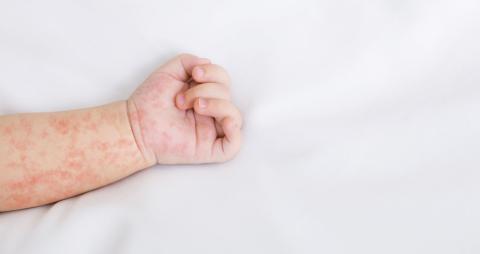
Measles cases in Europe and Central Asia fell in 2025 compared with 2024, according to preliminary data reported by 53 countries in the World Health Organization (WHO) European Region. This decline aligns with the preliminary figures published this week by the European Centre for Disease Prevention and Control (ECDC). According to the WHO, countries in Europe and Central Asia reported 33,998 measles cases in 2025, representing a decrease of nearly 75 % compared with the 127,412 cases recorded in 2024. In Spain, however, the number of cases has increased, as shown by data from the Carlos III Health Institute. A few weeks ago, the WHO announced that Spain had lost its measles-free status.
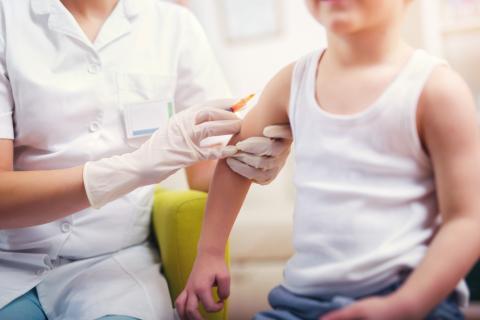
If immunisation rates continue to decline over an extended period, measles and even other eradicated diseases—such as rubella and polio—could re-emerge in the United States at endemic levels, according to a new study published today in the journal JAMA.
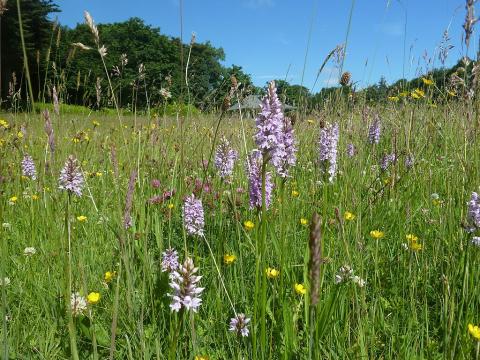
In recent decades, the rate of pollen allergies has increased worldwide. One of the reasons being considered is the increase in atmospheric nitrogen pollutants. Now, a study published in the journal The Lancet Planetary Health estimates that grasslands fertilised with nitrogen release six times more pollen and that this pollen is five times more allergenic than that from unfertilised fields.

The new US president, Donald Trump, announced on his first day that the country will leave the World Health Organisation (WHO) within the next twelve months. The reasons behind the decision, according to him, are the ‘mismanagement of the covid-19 pandemic and other global health crises’, as well as ‘disproportionate payments compared to other countries’ dues’.
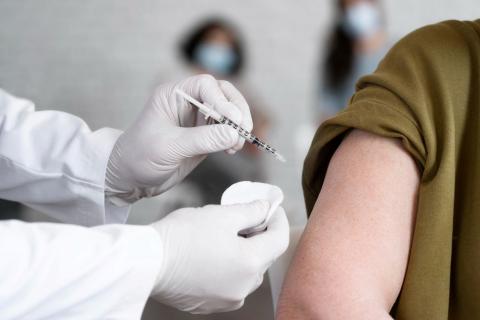
A team led by the CEU San Pablo University has analysed the role of vaccination against influenza on the risk of infection and mortality. The meta-analysis, published in European Respiratory Review, includes 192 articles from different countries over the last 20 years and includes data from more than 6.5 million patients. The results show that the level of protection varies according to age group and influenza subtype. Although it does not reduce the risk of infection for influenza A H3N2 in those over 65 years of age, nor does it show a reduction in mortality for influenza B - which is less associated with mortality than influenza A - overall, vaccination is shown to be effective in both preventing infection and reducing mortality.

Global childhood immunisation coverage stagnated in 2023, with 2.7 million more children unvaccinated or under-vaccinated than at pre-pandemic levels in 2019. This is one of the data published by the World Health Organization (WHO) and UNICEF in the World Health Organization's Worldwide Estimates of National Immunisation Coverage (WUENIC), which captures global vaccination trends against 14 diseases. More than half of unvaccinated children live in 31 countries with fragile and conflict-affected environments.
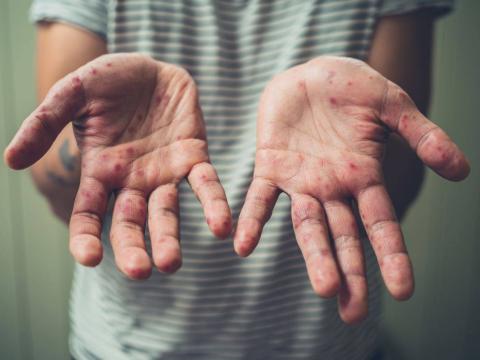
Toledo and Alicante are suffering the first outbreaks of measles recorded in Spain since the pandemic, El País reported today. In total, 15 cases have been confirmed since 1 January, of which seven are imported and eight autochthonous.
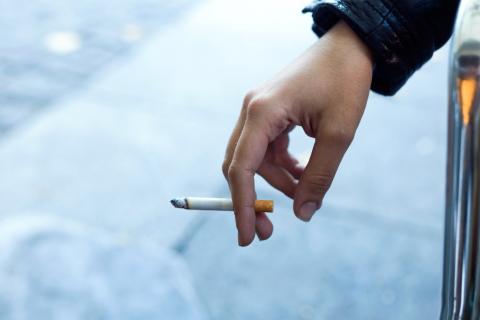
A study has analysed more than 100 environmental factors and their impact on the immune response. After studying about a thousand volunteers, its conclusions are that smoking is the factor that causes the most alterations in defences. While some changes are transient, others may remain for years after quitting. The results are published in the journal Nature.

Two teams of researchers have separately described a population of memory lymphocytes that may be responsible for the persistence of allergies over time. The work has analysed responses to allergens such as those present in peanuts, dust and birch. According to the authors, whose research is published in Science Translational Medicine, these cells could serve as a target for the treatment of various types of allergies.